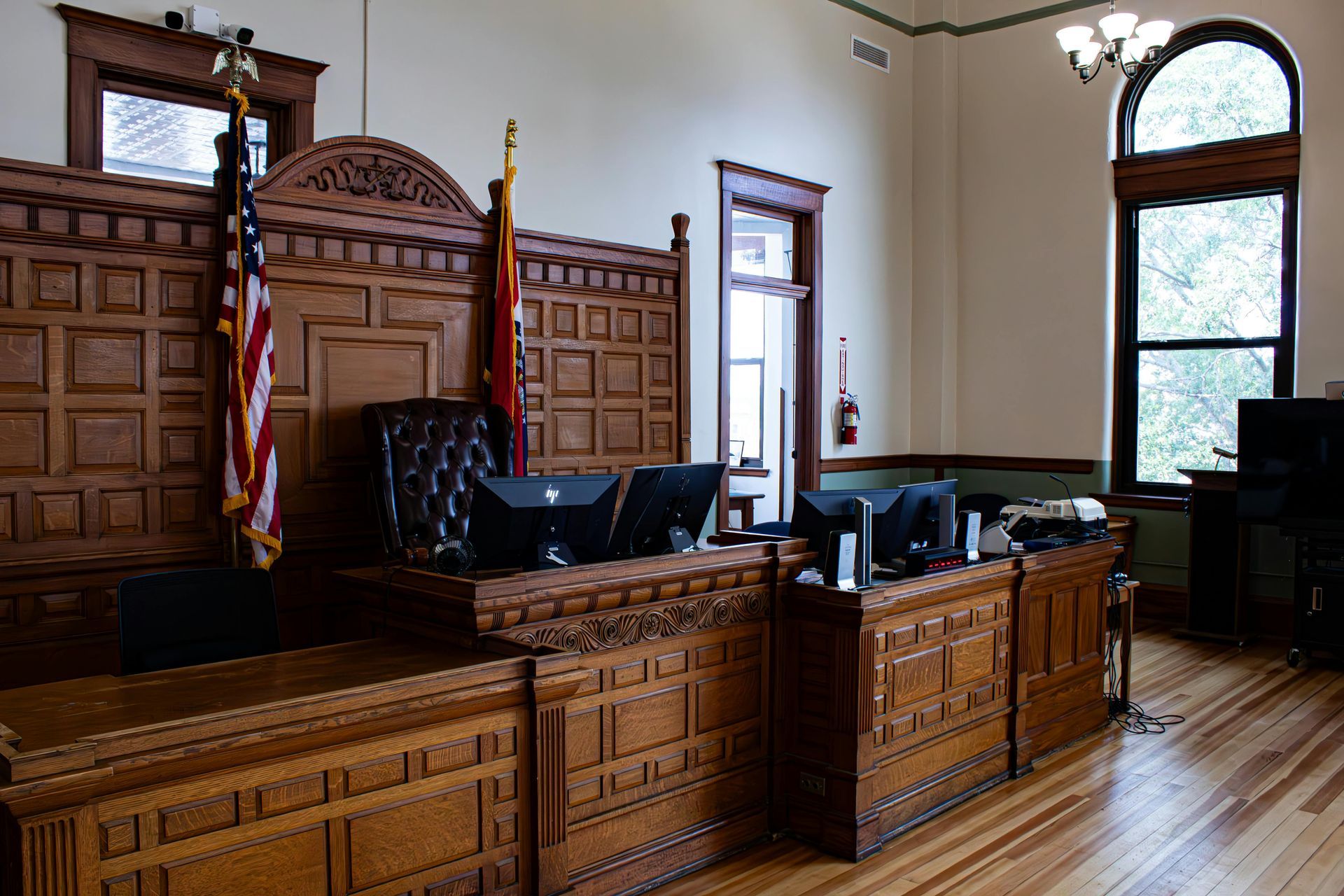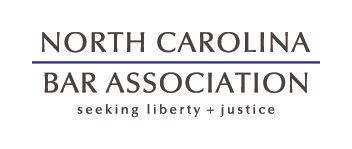I'm Self-Employed. How Will a Judge Calculate My Income for Child Support? | The Law Corner | Raleigh, NC
Precedent Case: Mecklenburg County, o/b/o. Herron v. Pressley, 910 S.E.2d 698 (N.C. App., December 17, 2024).
Child support is set based on a party’s actual income at the time the child support order is entered or modified. Income from self-employment is defined by the Child Support Guidelines to mean gross income minus ordinary and necessary business expenses. Straight-line depreciation may be a necessary business expense unless the trial court determines otherwise. The Guidelines provide that amounts allowable by the IRS for the accelerated component of depreciation expenses, investment tax credits, and any other business expense determined by the trial court to be inappropriate for determining gross income, are not business expenses deducted from gross income. The trial court order did not contain sufficient findings of fact to allow the appellate court to determine how the trial court considered the depreciation claimed on the defendant's tax returns.
The defendant's father is a self-employed dump truck owner and operator. The trial court used the defendant's income tax returns to determine his gross income but declined to consider the depreciation shown on the returns as a necessary business expense. The trial court added the deduction for depreciation back into the defendant's gross income.
On appeal, the defendant argued that the trial court failed to make sufficient findings of fact to support its decision to not allow the depreciation expense and the court of appeals agreed. The court of appeals explained that accelerated depreciation cannot be considered in the determination of gross income of a self-employed person because it is prohibited by the Child Support Guidelines. The trial court has the discretion to determine whether straight-line depreciation is an ordinary and necessary business expense, but the trial court must make sufficient findings of fact to allow appropriate appellate review.
The court of appeals held that the trial court order in this case did not contain sufficient findings to allow the appellate court to determine whether the depreciation was not allowed because the trial court determined it was accelerated depreciation, or whether the trial court found it to be straight-line depreciation that the trial court determined was not an appropriate business expense. The court of appeals remanded the case to the trial court for additional findings of fact.




